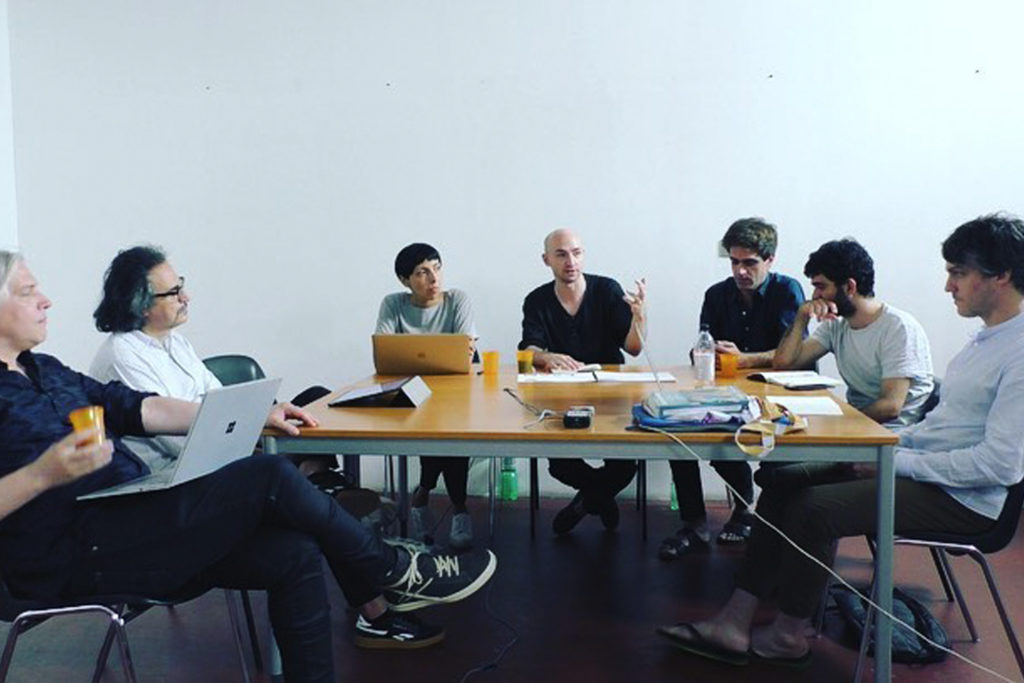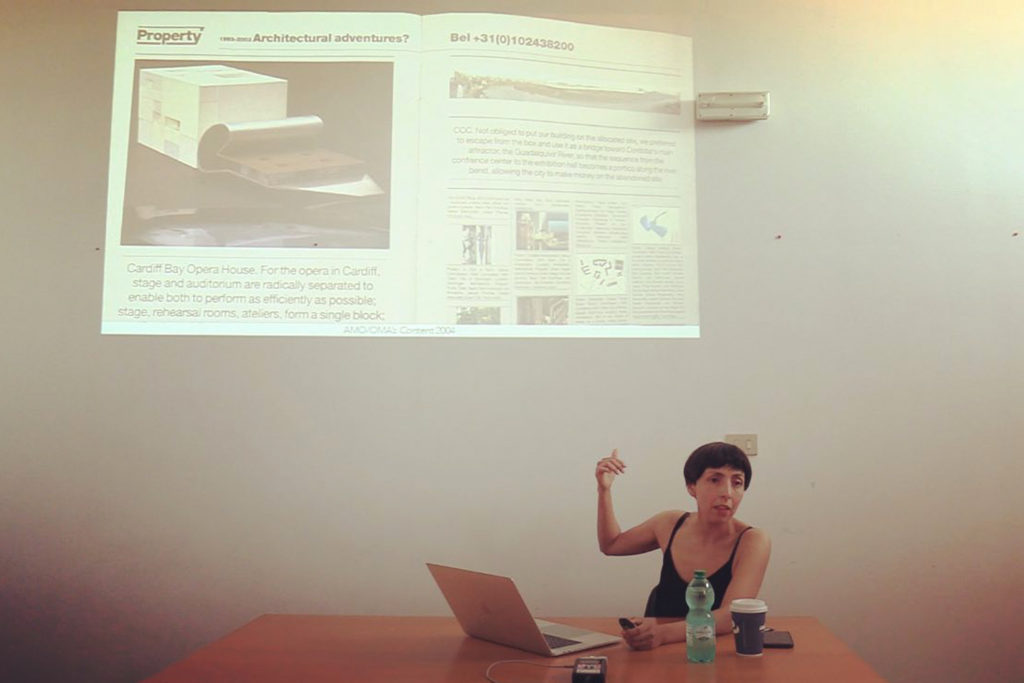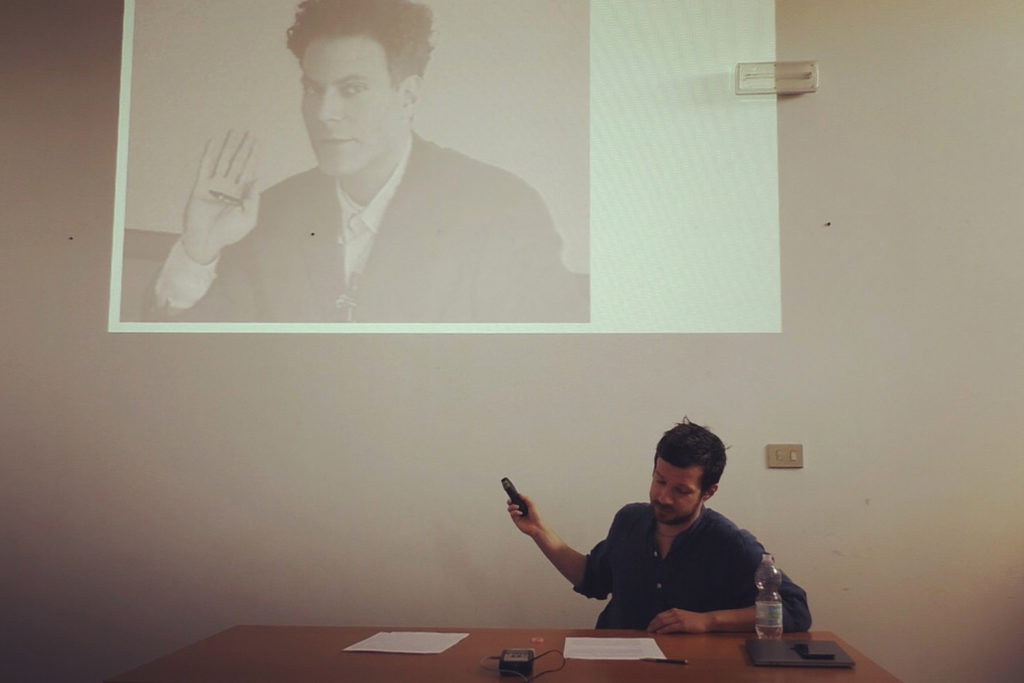Rome Teaching Workshop 2019
The 2019 Rome Teaching Workshop addressed the parallelism and intersection between two historical phenomena that became mainstream in the years between 1978 and 2008; postmodernism and neoliberalism. Teaching Fellows and respondents presented lectures on and debated a range of from the pre-history of postmodernism in late 19th century historicism; to the turn from political activism to theory in 1968; to the key exhibition that marked postmodernism as a movement such as Roma Interrotta in 1979; to the rethinking of Complexity through the philosophy of Deleuze in the 1990s; to neo-liberalism of the superdutch movement and the ecological discourses of the 2000s.
Location
Rome, Italy
Date
01 Jun 2019 — 21 Jun 2019
Venue
Palazzo Pio, Rome, Italy
2019 Rome Teaching Fellows
Alessandro Toti
Cristobal Amunategui
Ross Exo Adams
Ivonne Santoyo-Orozco
Maroš Krivý
Léa-Catherine Szacka
2019 Respondants
Brit Eversole
Luca Galofaro
Gabriele Mastrigli
Thanks
With sponsorship from Virginia Tech







